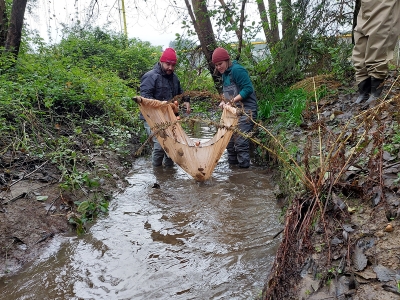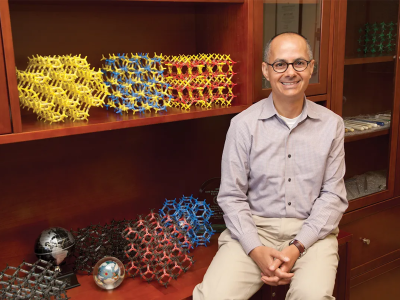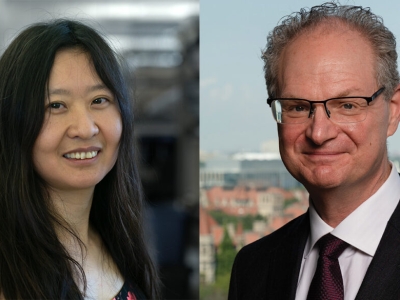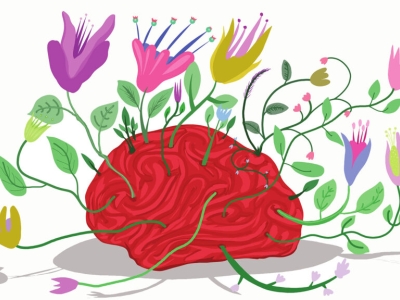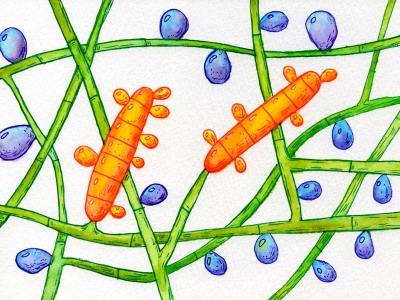The projects involve investigating pinyon pine forest ecology and cultural values, monitoring fisheries, and surveying the changing landscapes of California Indian Public Domain Lands.
Research News
Learn more about UC Berkeley's researchers and innovators.
Showing 17 - 32 of 3216 Results
UC Berkeley’s Omar Yaghi received a top sustainability prize on June 18 for his pioneering discoveries unlocking essential tools to combat the climate crisis.
The UC Berkeley study is the first to evaluate PFAS contamination from pesticides in California, and the first environmental justice study on the issue.
Human breast milk contains a unique blend of prebiotic sugars that are tricky to replicate in commercial infant formula. New research shows that plants may be the perfect manufacturers.
Congratulations to HWNI member Yang Dan for winning the 2024 Peter Seeburg Integrative Neuroscience Prize!
Doris Tsao shares prize in neuroscience, while Paul Alivisatos shares prize in nanoscience
Using data submitted to the iNaturalist citizen science platform, researchers found that historically redlined neighborhoods in many urban areas have lower levels of native and non-native wildlife biodiversity compared to greenlined neighborhoods.
Researchers will use neuroimaging to observe the effects of psilocybin on the human brain — in real-time.
HumanLight traffic signal technology incentivizes ridesharing
The study will explore how wildfire smoke affects the DNA of people living in Alameda and Contra Costa counties.
"I see this as, in some ways, a pretty natural outcome for a country that committed officially decades ago to increasing women’s presence in government," said UC Berkeley historian Margaret Chowning.
Authors say that, without action, the world will see a steady increase of deaths linked to antimicrobial resistance.
Large Binocular Telescope's observations of eruptions on volcanically active moon rival those from space
The historic conviction on all 34 criminal counts came after 9 1/2 hours of jury deliberation. Berkeley experts said the next question is whether it will affect voters in November.
Michael Yartsev's Our leverages the power of natural behavior to uncover general principles of higher-level brain functions related to learning & memory, group sociality, and communication.
New research suggests that for some white Americans, "Stop the Steal" refers not just to perceived voter fraud, but to their own loss of status in a more diverse society.
